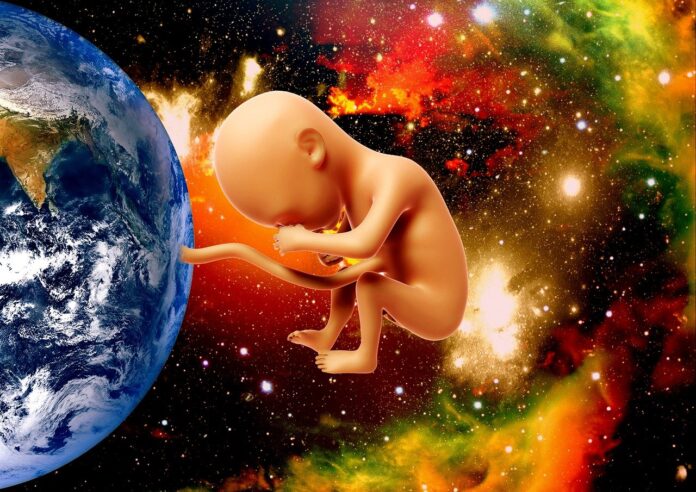In a remarkable breakthrough, Japan is edging closer to the possibility of developing human babies in a laboratory setting in five years. According to researchers in Japan, they have been making significant advances in their attempts to synthetically create human sperm and eggs. This achievement is revolutionary and could open the path for the creation of artificial wombs.
With Professor Katsuhiko Hayashi, a distinguished Japanese scientist from Kyushu University having successfully replicated this process in mice, he is confident that it will be possible to replicate these results in humans within the coming five years.
However, this scientific advance raises ethical concerns, as it opens up the possibility for women of any age to conceive. Additionally, parents might be tempted to manipulate their offspring’s traits through gene editing tools, giving rise to the concept of a “perfect” child.
Dr. Hayashi and his team recently achieved a momentous feat; they created seven mice with two male biological parents. This was done by harvesting skin cells from a male mouse and utilizing them to form a viable egg, which was subsequently fertilized.
The method used to create personalized human sperm and eggs in a lab setting is referred to as in vitro gametogenesis (IVG). The result? reprogramming cells which possess the remarkable ability to transform into various cell types within the body, including eggs and sperm. If successful, these engineered cells could be employed to generate embryos that can be implanted into the wombs of women.
While significant progress has been made in generating basic human eggs and sperm, the successful development of viable embryos remains a future milestone yet to be achieved.







